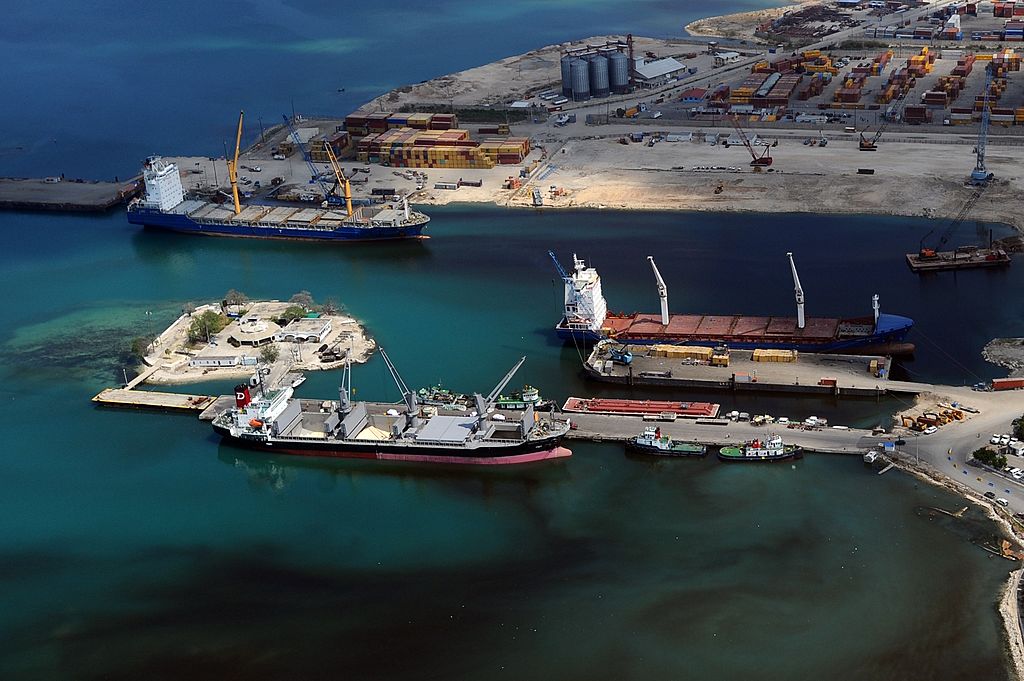After nearly 150 Haitian immigrants arrived in Turks and Caicos within the last few days, the island nation has taken a harsher stance on illegal and legal immigration.
The Miami Herald reports Turks and Caicos Immigration Minister Vaden Delroy Williams will no longer tolerate large numbers of Haitian immigrants coming to the island.
Since Saturday, there have been boats transporting record numbers of people coming from Haiti. A boat holding 26 men and 11 women, a larger vessel with about 146 people on board and then a third boat with 53 passengers all were en route to Turks and Caicos. The 146-person vessel was intercepted by the U.S. Coast Guard on Sunday.
Due to years of political turmoil and other economic issues, Haitians have sought refuge elsewhere. For the longest time, the nearby island of Turks and Caicos served as a safe haven. According to The Herald, there has been a lenient work permit policy that allowed Haitians relatively easy immigration to the island.
However, the latest surge has Williams on edge. He is considering "stopping the first-time work permits for Haitian nationals if this continues.”
“This process will not work for you,” Williams said while referring to Haitians illegally migrating. “If this continues, you will never be able to work or live peacefully or to become legal. We will find you, deport you and place you on the Stop List, so you will never be able to enter the TCI ever again. We will no longer allow individuals who break the law to come into these islands to become legal residents.”
“We simply cannot allow them to come here illegally, live here illegally and work here illegally. We have to find them and deal with them,” Williams added in a statement.
According to The Globe Post, Haiti's food shortage is only making matters worse. Residents have been dealing with food insecurity, a poor economy and corrupt government officials in recent years. Data show about 25% of the country's population struggles with food insecurity and unemployment. The food shortages doubled between 2018 and 2019, reaching a reported 2.6 million people.
Situation desperate as unemployment & food insecurity grows amid rampant inflation. Over 1000 Haitians lineup in front of Dominican consulate in Petionville, #Haiti tonight to provide a passport in hopes of receiving a visa to work in the DR. This is life under the #PHTK. pic.twitter.com/LPV8dLhlao
— Haiti Information Project ???? (@HaitiInfoProj) August 7, 2019
The lack of jobs and the rampant food insecurity in Haiti has led many to seek opportunities in the U.S. and other places in the Western Hemisphere. Earlier this month, the Trump administration ended the Obama-era Haitian Family Reunification Parole program.
The program, created in 2014, allowed Haitian families of U.S. citizens to "already be approved for a family-based immigrant visa while still living in Haiti." The process was intended to make immigration easier for those still affected by the 2010 earthquake.
Now that Turks and Caicos and the United States are restricting immigration, Haitians will continue to struggle to find safer places to relocate.

